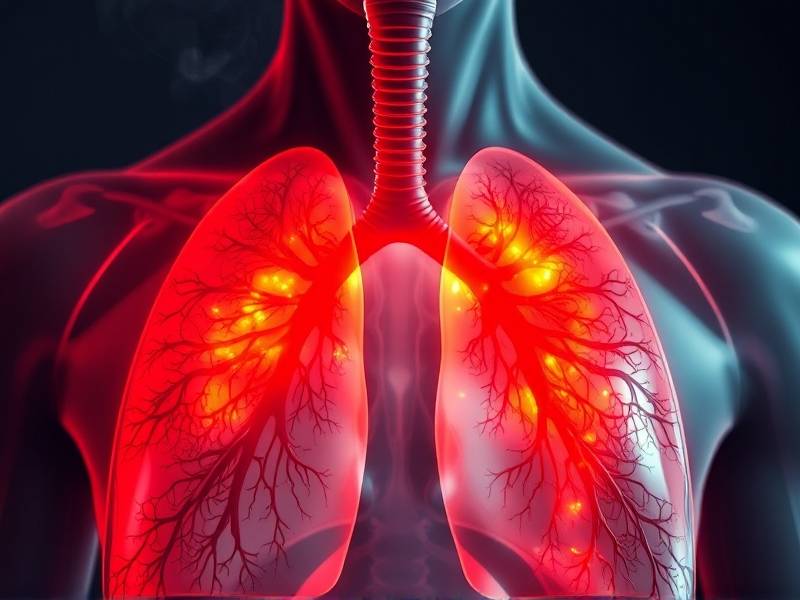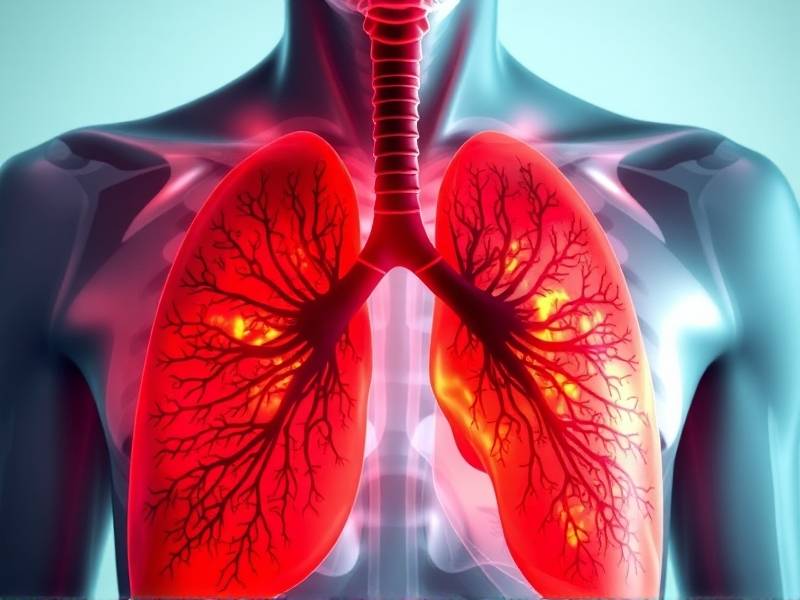Is It Hard to Breathe When You Quit Smoking? The Truth About Lung Health After Quitting Tobacco
Is It Hard to Breathe When You Quit Smoking? The Truth About Lung Health After Quitting Tobacco
Introduction: Quitting smoking is a significant step towards improving your health, but it's natural to wonder about the challenges that come with it. One common concern is whether it's hard to breathe when you quit smoking. This article delves into the truth about lung health after quitting tobacco and provides insights into the breathing difficulties many smokers face during their journey to a smoke-free life.
Understanding the Immediate Impact of Quitting Smoking on Lung Health

-
Immediate Breathing Difficulties: When you quit smoking, you may experience some immediate breathing difficulties. This is because your lungs are trying to heal from the damage caused by years of smoking. It's important to understand that these symptoms are temporary and will gradually improve over time.
-
The Role of Nicotine: Nicotine, a key component in tobacco products, can cause your lungs to constrict and make it harder to breathe. Quitting smoking reduces nicotine levels in your body, allowing your lungs to start healing and expanding again.
Long-Term Benefits of Quitting Smoking on Lung Function
-
Improved Lung Capacity: Over time, quitting smoking leads to improved lung capacity and function. Your lungs will start clearing out mucus and other toxins accumulated over the years, making it easier for you to breathe.
-
Reduced Risk of Chronic Conditions: Continued exposure to tobacco smoke increases the risk of chronic respiratory diseases like COPD (Chronic Obstructive Pulmonary Disease) and lung cancer. Quitting smoking significantly reduces these risks, improving overall lung health.
Tips for Coping with Breathing Difficulties While Quitting Smoking
-
Stay Hydrated: Drinking plenty of water helps thin mucus in your lungs, making it easier for you to breathe.
-
Exercise Regularly: Engaging in regular physical activity helps improve lung function and boosts overall well-being.
-
Seek Support: Joining a support group or seeking professional help can provide emotional support and practical advice during your quitting journey.

Conclusion:
While it may seem challenging at first, breathing difficulties are a temporary part of quitting smoking. By understanding the truth about lung health after quitting tobacco and adopting healthy habits, you can overcome these challenges and enjoy long-term benefits for your respiratory system. Remember that every puff you don't take brings you one step closer to better health!
